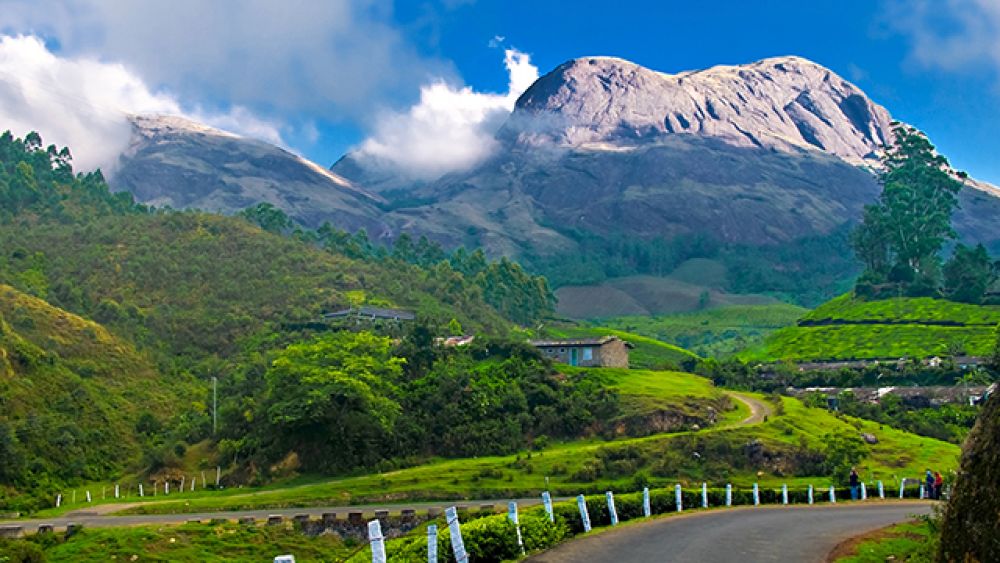

The serene town of Dhenkanal, located in the state of Odisha, India, is often described as a hidden gem with a rich cultural and historical heritage. The history of tourism in Dhenkanal reflects a gradual recognition of its spiritual significance, lush forests, and majestic wildlife.
The origins of tourism in Dhenkanal can be traced back to its historically significant temples and royal palaces. The presence of ancient sites such as the 13th-century Ramachandi Temple and majestic structures like the Dhenkanal Palace, home to the erstwhile royal family, have always attracted history buffs and architecture enthusiasts.
Moreover, Dhenkanal is home to the famous Siddha Balaram Temple and Saptasajya, an area believed to be the resting place of the Pandavas during their exile. The divine significance of these places has historically drawn pilgrims and spiritual seekers to Dhenkanal.
The establishment of Dhenkanal as a tourist destination was further supported by the development of better connectivity, with improved roads and transportation networks. The accommodation sector has also seen growth, with the establishment of various hotels, guest houses, and tourism bungalows offering a comfortable stay for visitors.
Additionally, the district administration and the Odisha Tourism Department have played significant roles in promoting tourism. Events like the grand annual Laxmi Puja and the Dhenkanal Mahotsav have endeavoured to showcase the region's culture, cuisine, and arts to a wider audience.
In recent years, the lush green forests, wildlife, and scenic beauty of Dhenkanal's Kapilash range, with the famous Kapilash Temple at its peak, have become a focal point for ecotourism initiatives. Kapilash Wildlife Sanctuary, home to elephants, tigers, and other fauna, contributes to the region's growing appeal among nature enthusiasts.
With an increased focus on sustainable and responsible tourism, Dhenkanal is experiencing a surge in visitors seeking authentic experiences. Community-based ecotourism projects are gaining momentum by involving local communities in conservation efforts and providing immersive cultural experiences for tourists.
Agri-tourism is also taking root in Dhenkanal, with tourists showing interest in rural life, farm stays, and organic farming techniques. Furthermore, wellness tourism connected to yoga and meditation retreats are leveraging the tranquility of Dhenkanal's pristine landscapes.
The future of tourism in Dhenkanal looks promising, as the government and local stakeholders are investing in infrastructure, conservation, and marketing. Initiative like digital promotion campaigns and tourism packages that offer a composite experience of Dhenkanal's heritage, culture, and natural beauty are contributing to the area's tourism portfolio.
In conclusion, the tapestry of mythological lore, royal history, religious fervor, and nature's grandeur makes Dhenkanal a remarkable destination for different types of tourists. As it furthers its commitment to sustainable tourism, this charming district is set to carve out a significant place for itself on the map of India's must-visit locations.